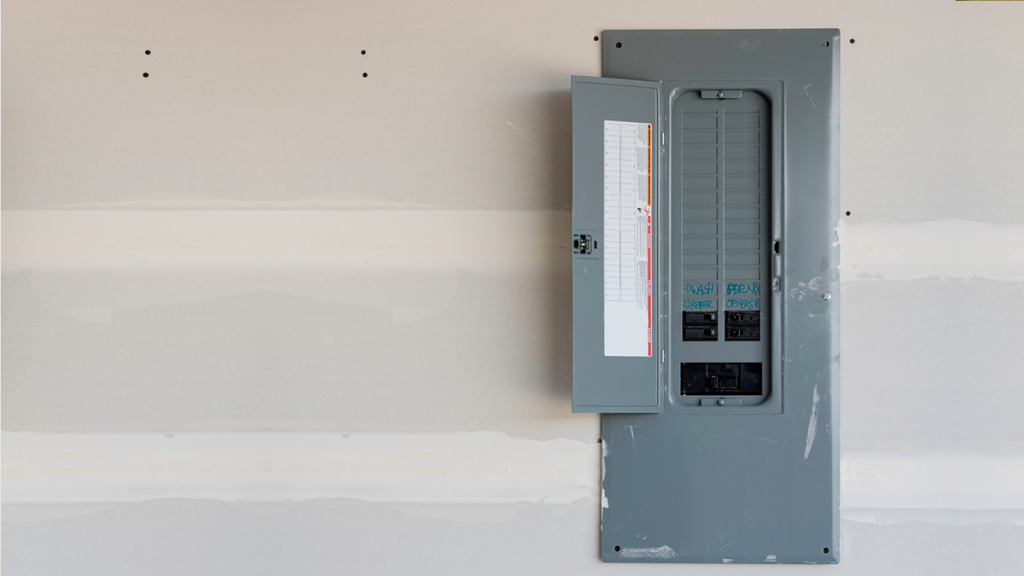Ever wonder about the difference between a fuse and a breaker? These terms are sometimes used interchangeably, however, there are key differences that set them apart. Fundamentally, both help regulate a safe flow of electricity in your home or your business. And both help prevent circumstances in which an electrical fire could start. Their safety features are what police dangerous surges of electricity, and while it may be inconvenient when you blow a fuse or trip a breaker, that’s how you know that they’re working.
But with all of that said, how are they different? We discuss the difference between a fuse and breaker below. Keep reading to learn more.
The Difference Between a Fuse and a Breaker
Fuses
There are different types of fuses for both residential and commercial use. However, the most common type of fuse is made from a metal wire or filament that is enclosed in glass or sometimes ceramic. Homes that use fuses are often plugged into a central fuse box, where the structure’s wiring will run through. As electricity flows, the fuse allows it to pass through the filament between circuits. However, if an overload occurs, this filament will melt from the heat and stop the flow of electricity. This will likely result in the glass or ceramic casing breaking.
So, how do they differ from a circuit breaker?
Circuit Breakers
The main difference between a fuse and a breaker is the functionality after a power overload. While a fuse will break and need replacing, circuit breakers can be switched back on. Circuit breakers employ the use of an electromagnet and bi-metal strip. When electrical currents reach unsafe levels, the magnetic force of the strip is able to switch off a circuit and break the current. Circuit breakers are also used as ground fault circuit interrupters to help prevent electric shock, breaking the current to specific GFCI outlets in the home. These GFCI outlets are typically found near sources of water, such as the kitchen or bathroom, and can be reset with the touch of a button on the face of the outlet.
Are you looking to upgrade your electrical system, or do you have more questions about the advantages of fuses or circuit breakers? Contact Eric Krise Electric, and we’ll be happy to answer any questions you have about your system: 856.769.3932.




